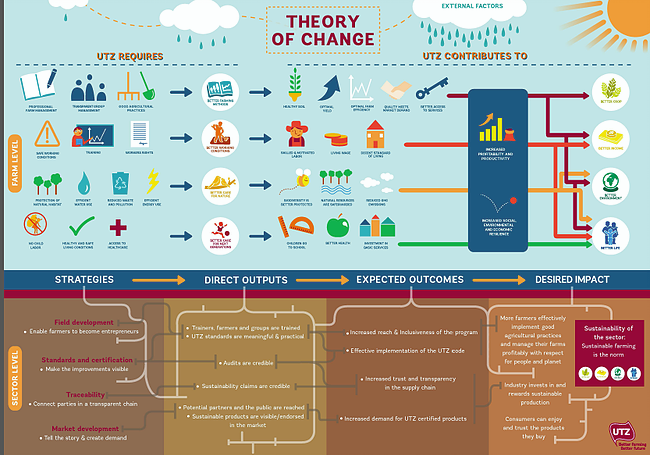

Individual one on one calls were conducted with 56 researchers, practitioners & decision-makers across 9 countries in Southeast Asia to elucidate key barriers and opportunities for applying systems thinking in individual country settings.


Given the urgent need for addressing implementation challenges, the WHO Alliance for Health Policy and Systems Research, in collaboration with partners across five global regions, recently initiated a global community of practice for applied systems thinking in policy and practice contexts within LMICs. This can then serve to be a generic model for practice, as well as for further study to establish a leadership model for different settings, such as in the context of youth learning mentorship programme that can contribute to positive youth change.Īpplications of systems thinking in the context of Health Policy and Systems Research have been scarce, particularly in Low- and Middle-Income Countries (LMICs). The findings had suggested a ‘bottom-up multidimensional’ approach to leadership employing various leadership concepts and models. This will also include literature on mentoring and its practices in the youth, its non-formal learning context, a variety of several leadership concepts and theories discussed those literature and determine the leadership practices that best fit this context of youth leadership. This paper therefore explores, examines, and discusses the forms of leadership that could best ‘fit’ in a youth mentoring programme. A mentor also plays a variety of roles, and that there is reciprocal influences and power suggesting that leadership is at play and practiced by both parties. Moreover, this is a complex issue since mentoring takes place in many settings, and in the partnering relationship. However, little has been found in the literature that explains the form of leadership model that is being practiced in a mentoring relationship. There has been a lot of literature and study on youth mentoring.


 0 kommentar(er)
0 kommentar(er)
